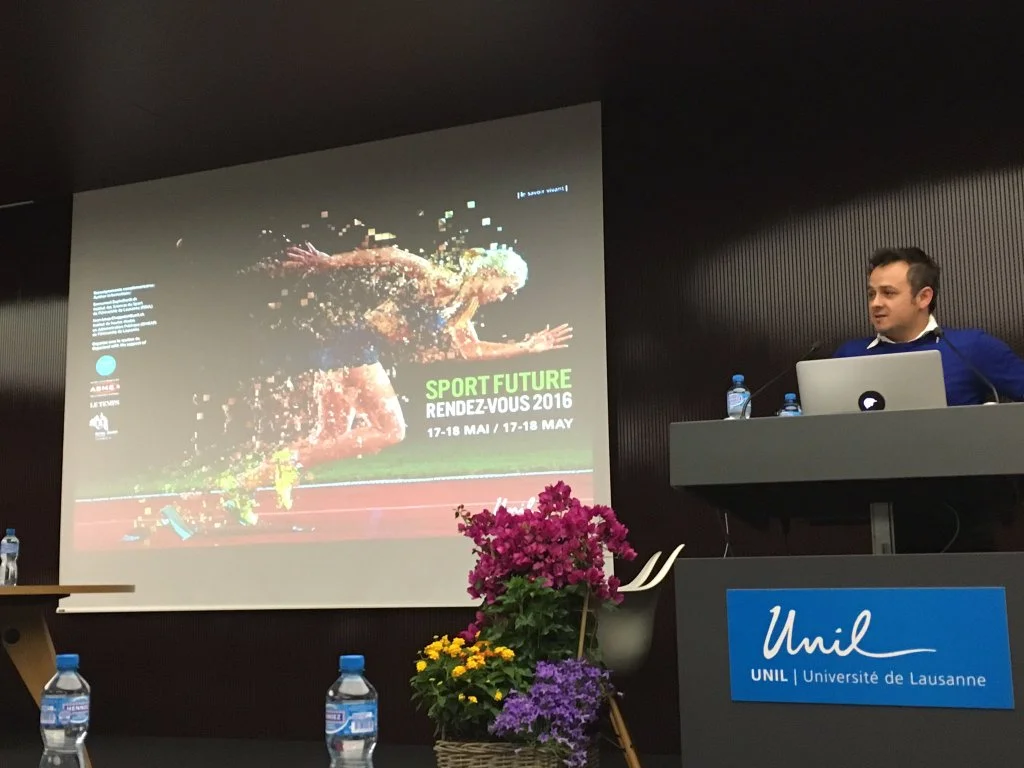
Make it stand out
What’s been happening?
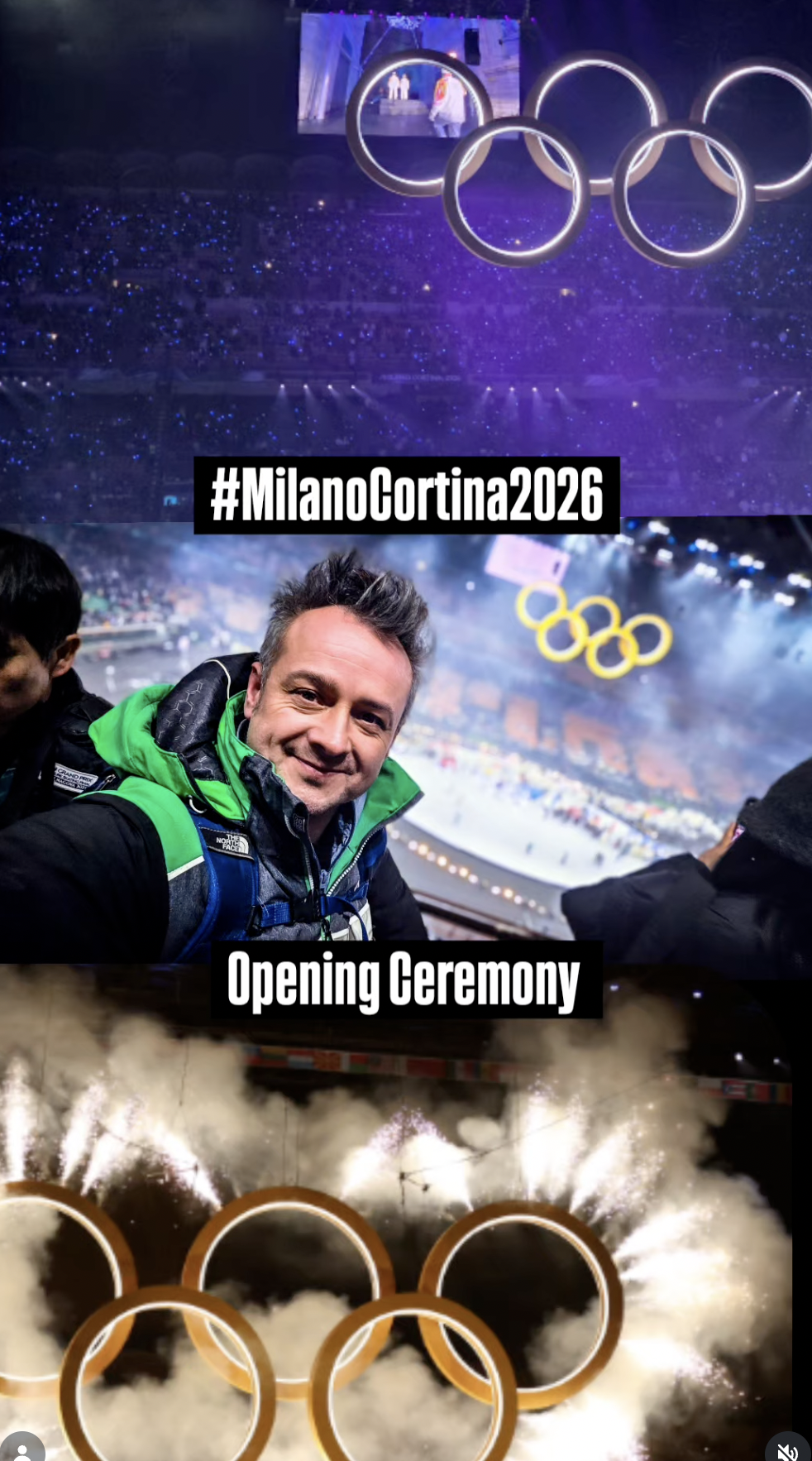
Live from Milan Cortina 2026
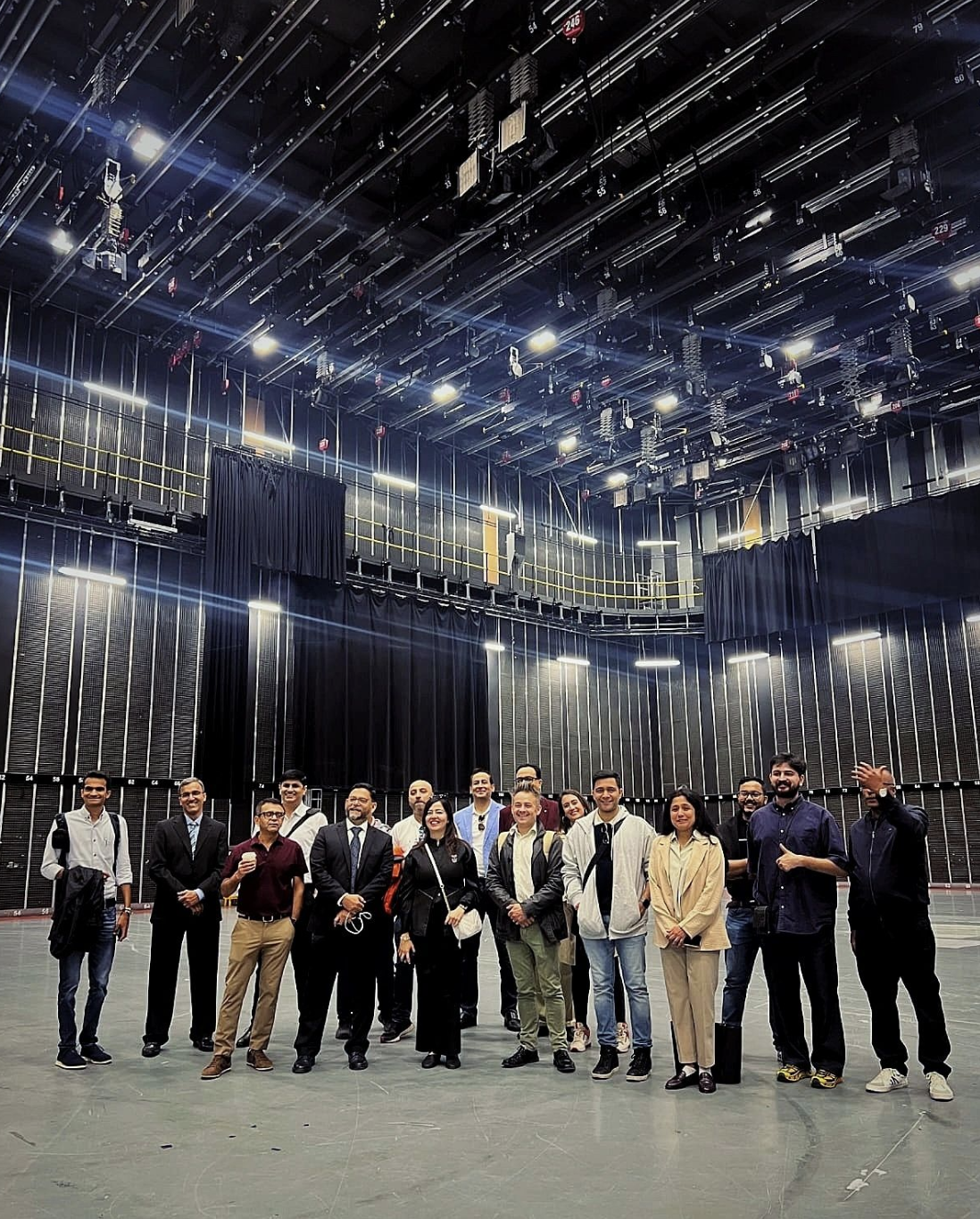
Manchester-India Sport Business Summit
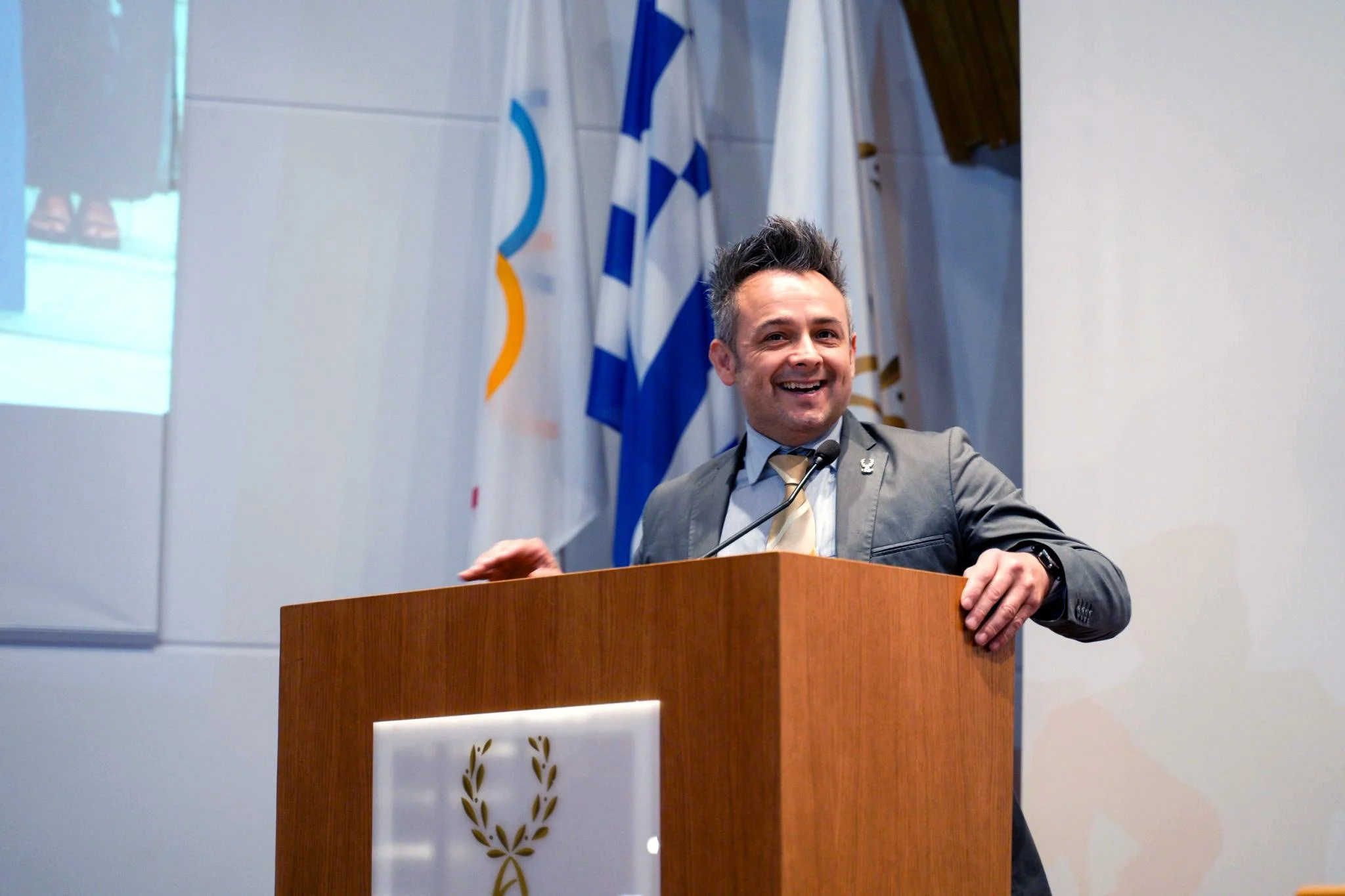
The International Olympic Academy
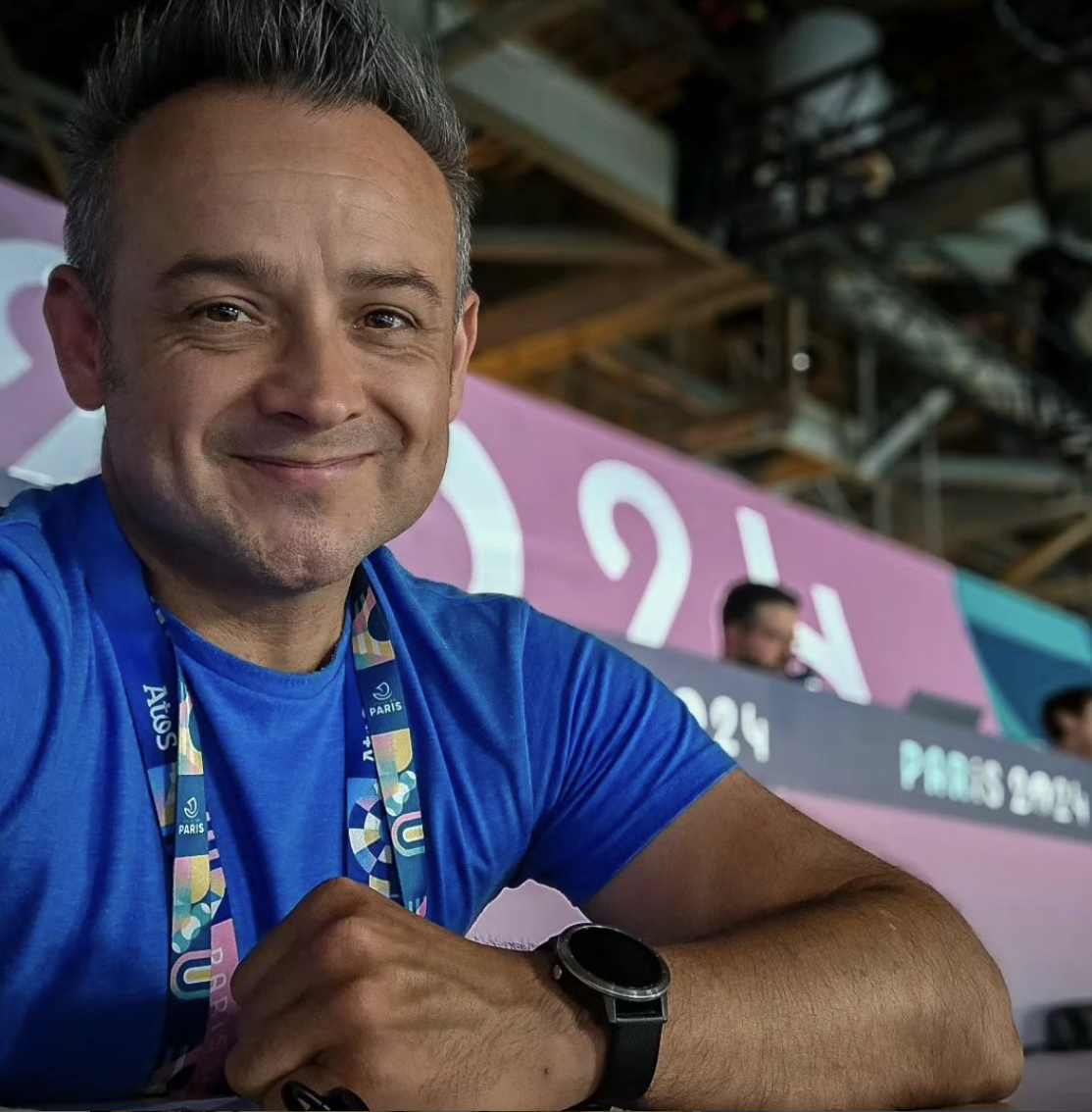
Paris 2024 Olympic Games
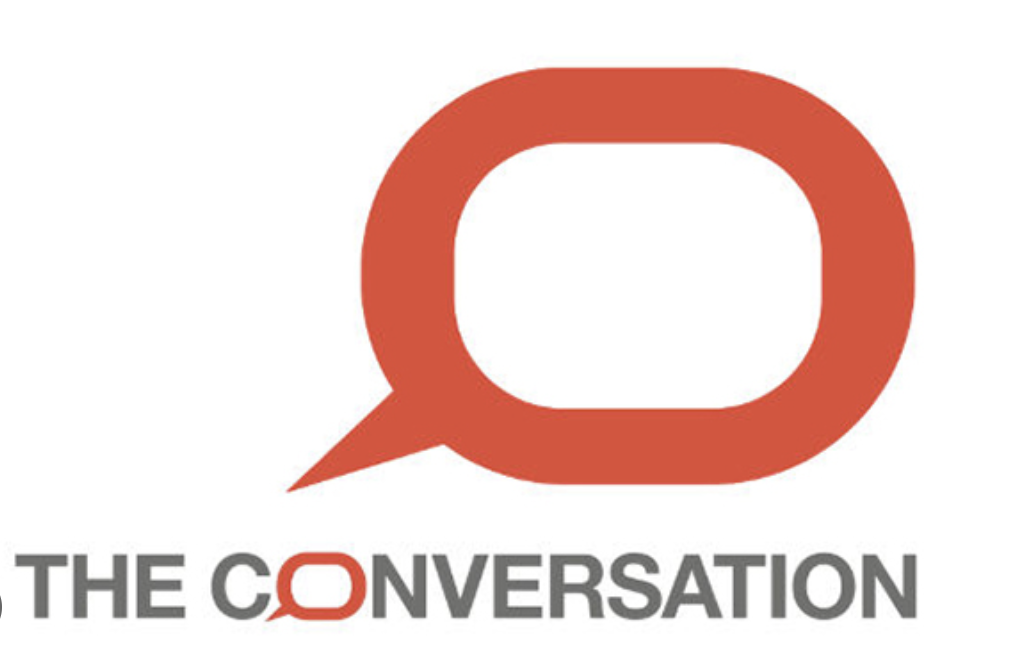
What's next for the Olympic Games?
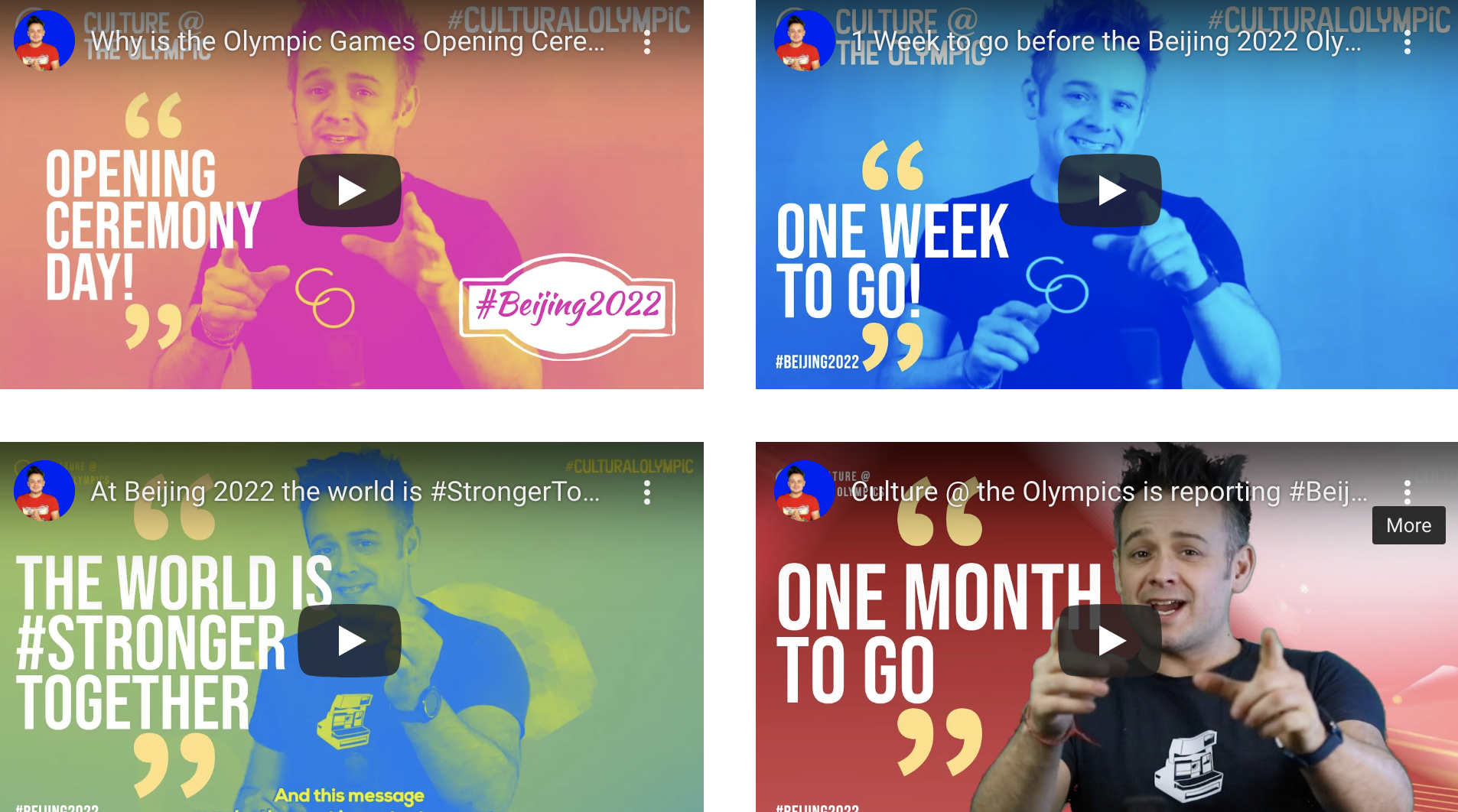
The Beijing 2022 Olympic Winter Games
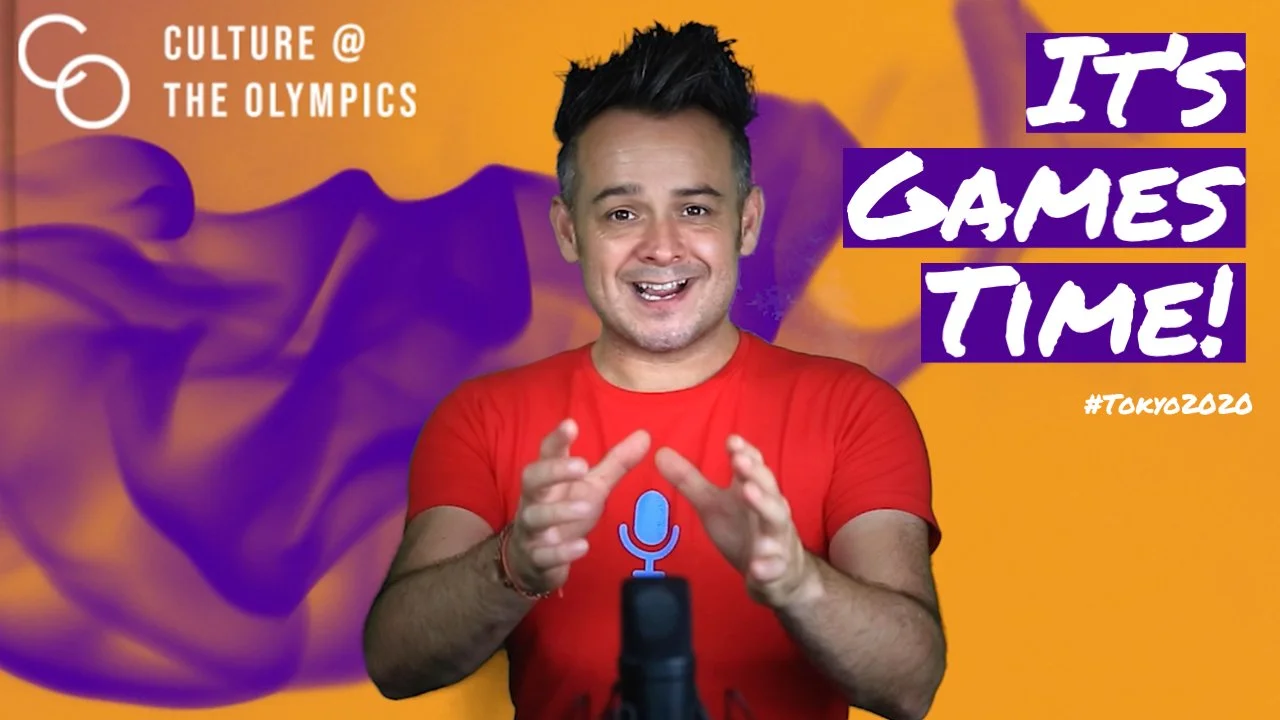
The Tokyo 2020 Olympic Games
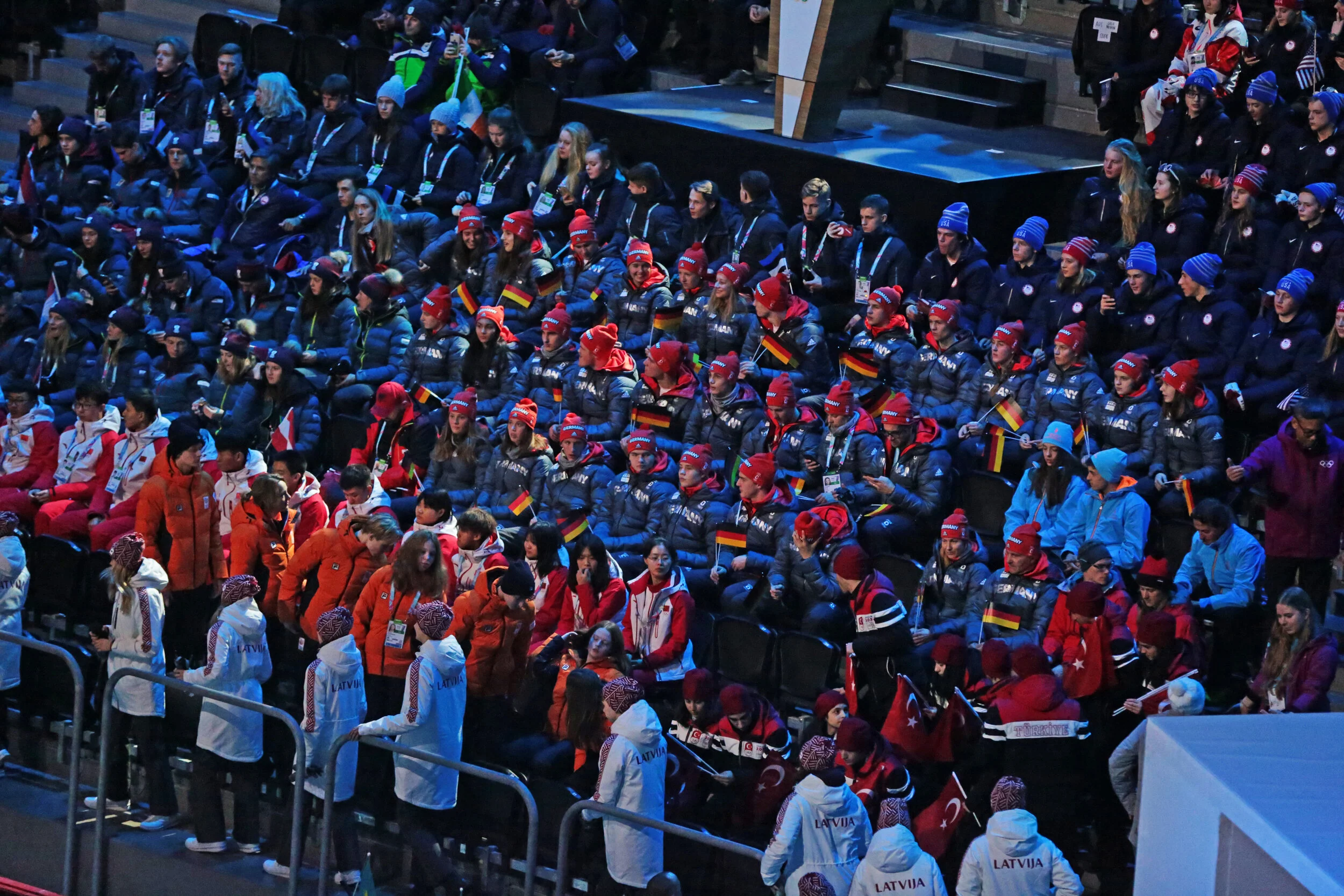
Esports at the Lausanne 2020 Youth Olympic Games
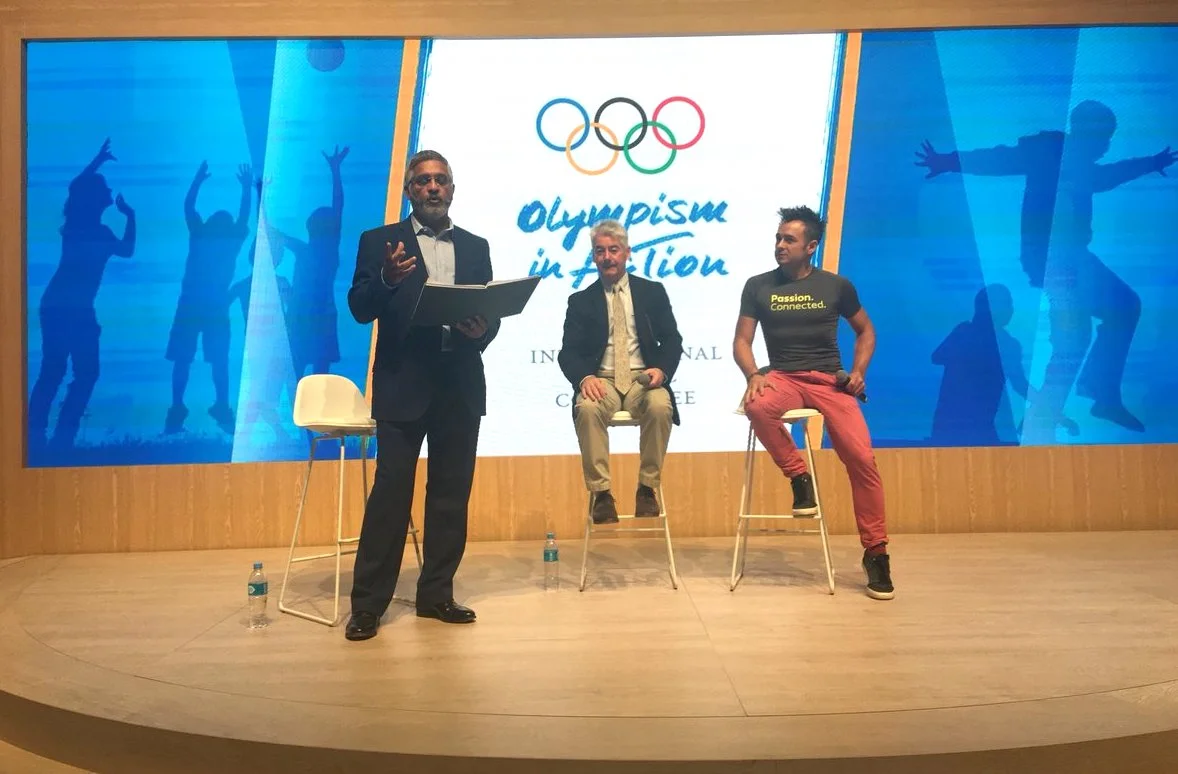
Olympism in Action
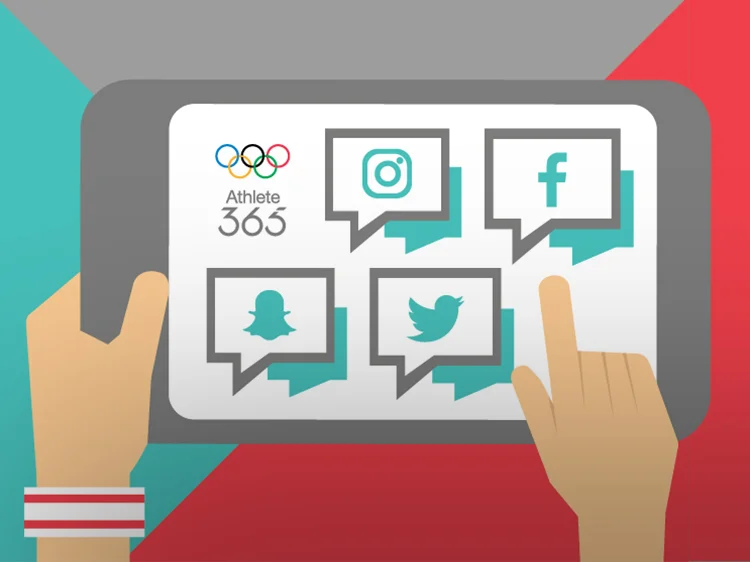
Athlete 365
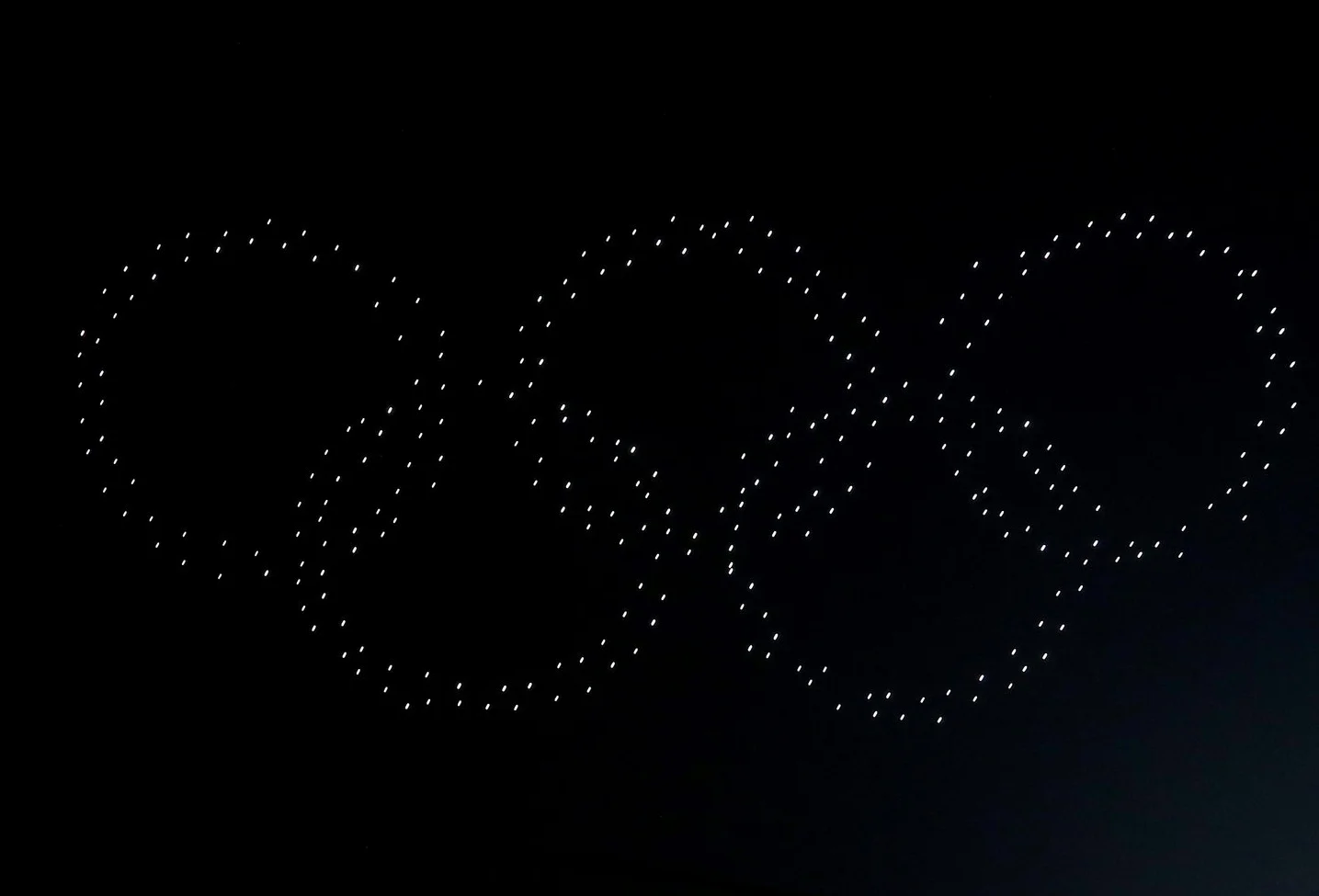
The Olympic Games Drone Show
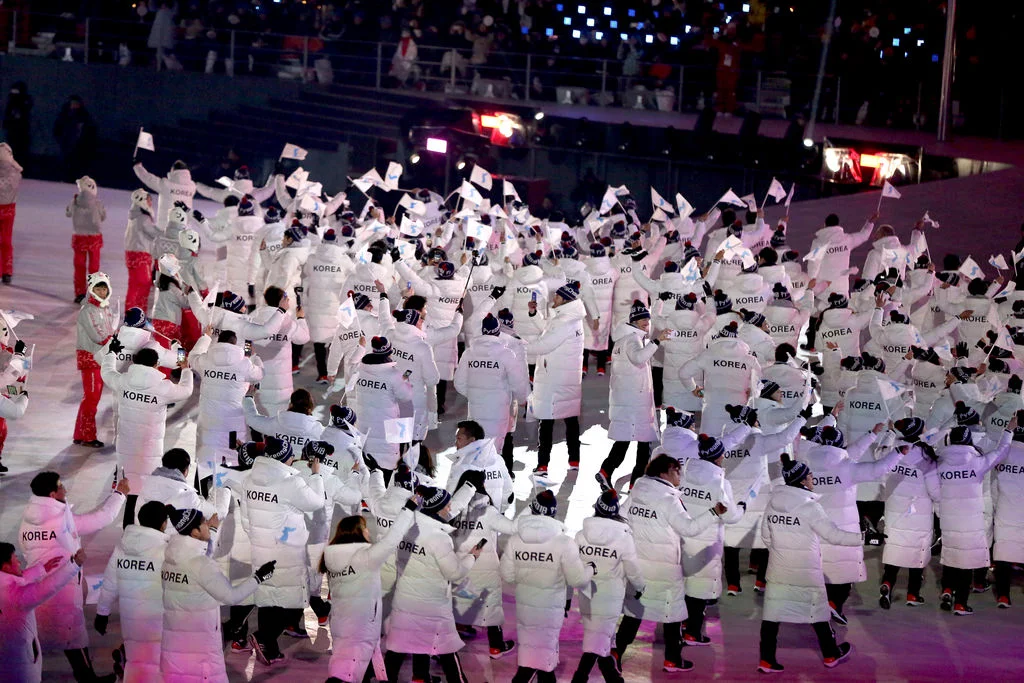
My PyeongChang 2018 Olympic Winter Games
Sarajevo 1984, 33 years later
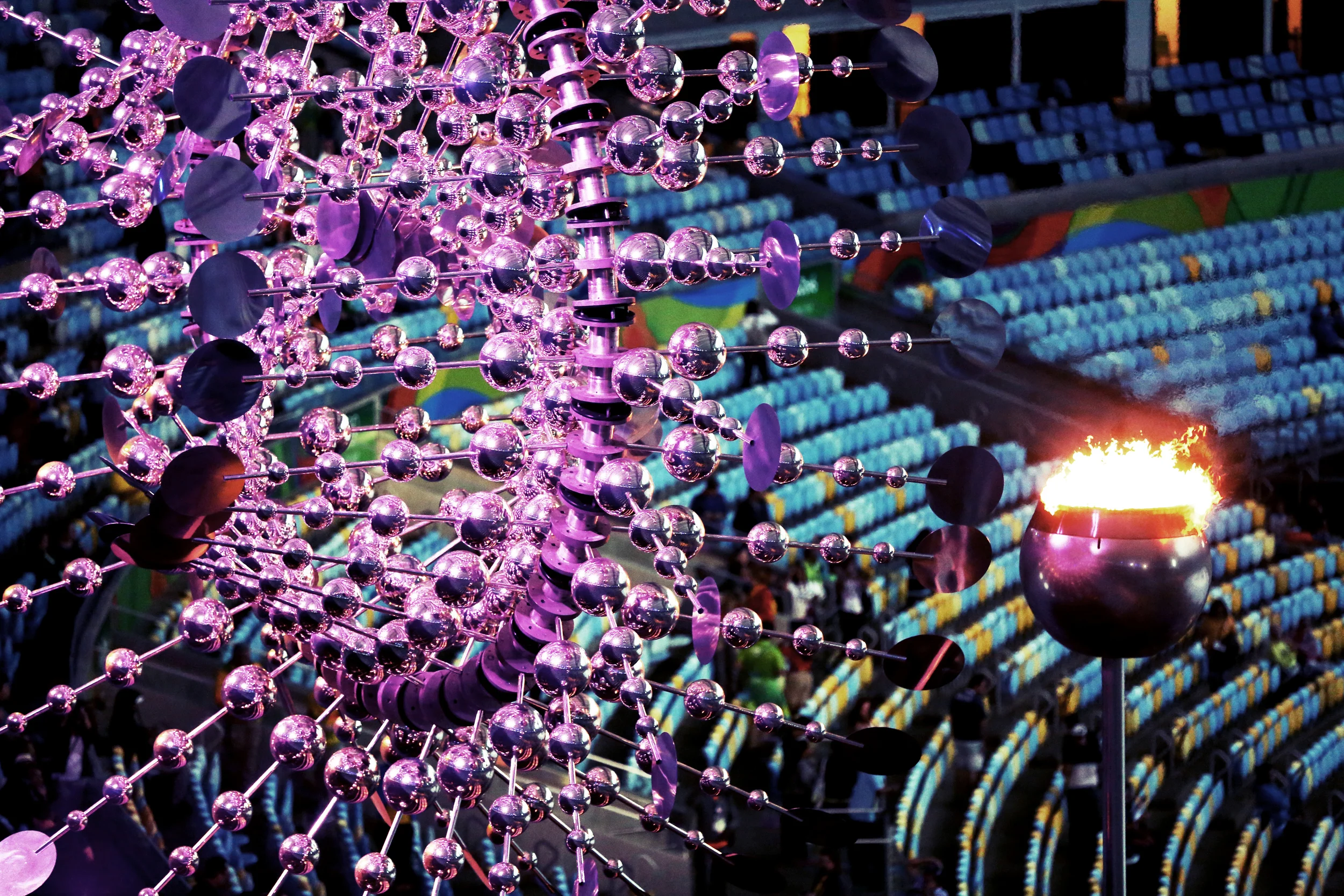
My Rio 2016 Research
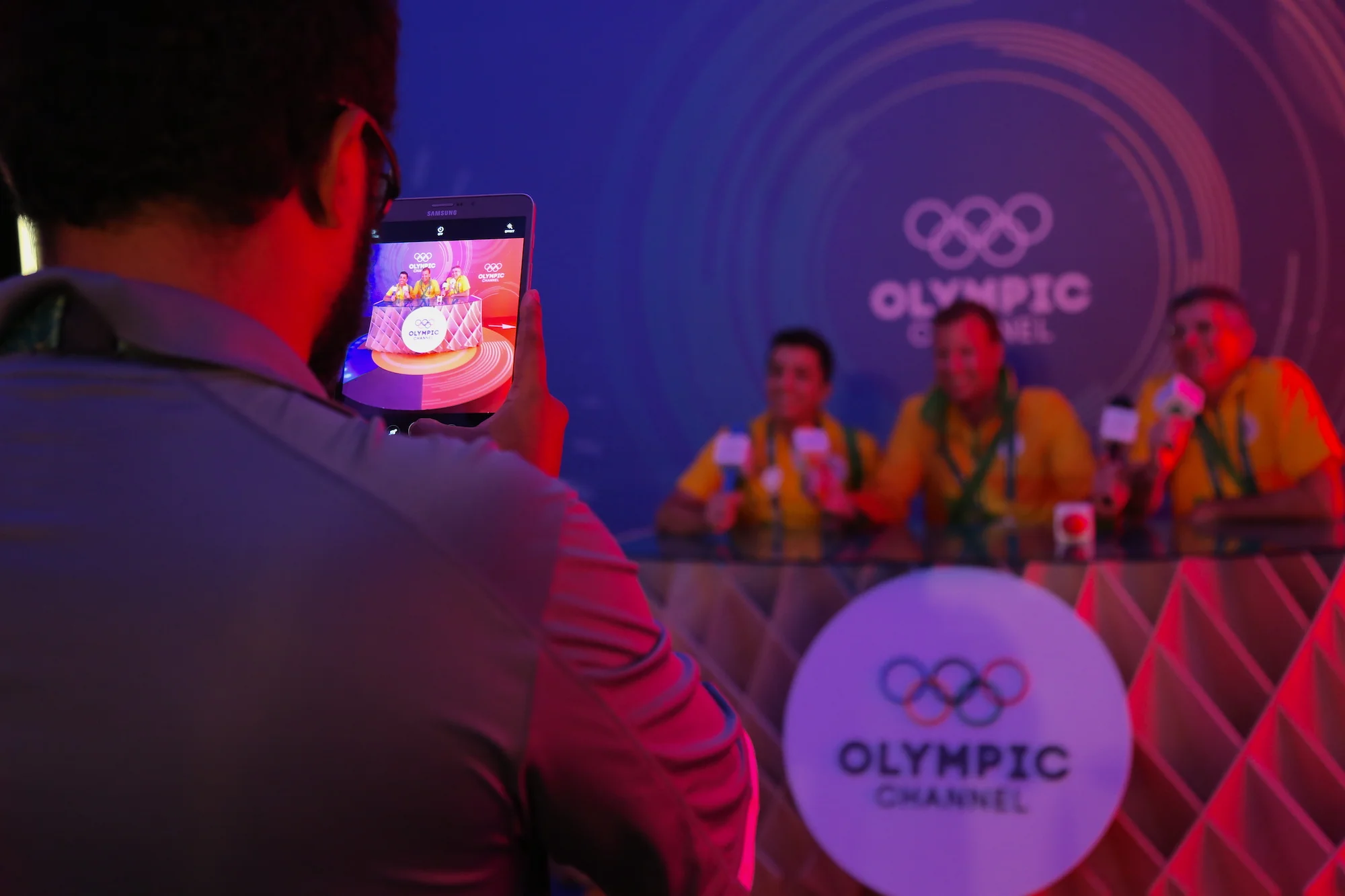
How will the Olympic Channel change television?
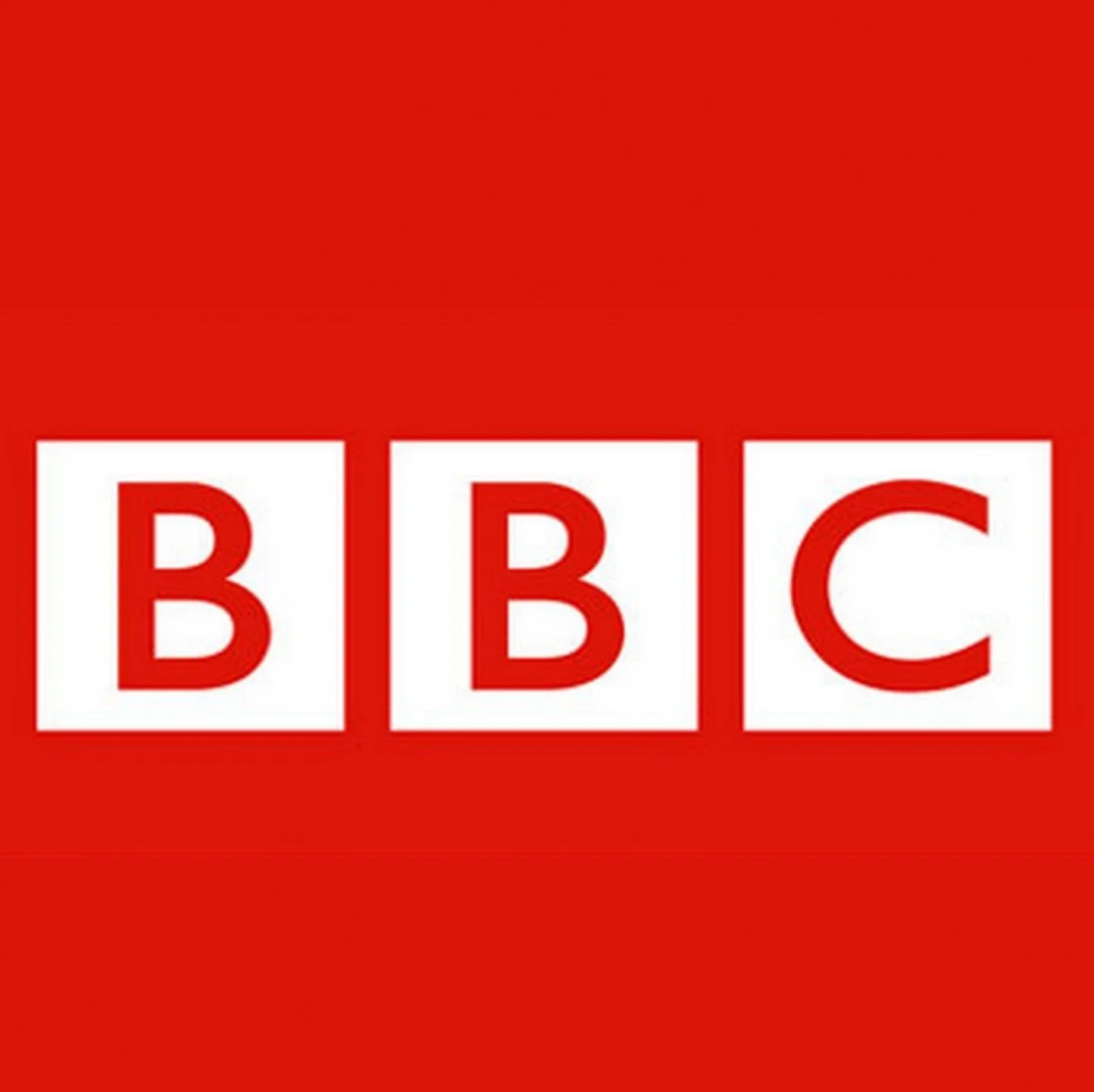
Why are the #Rio2016 Olympic Games fans booing so much?
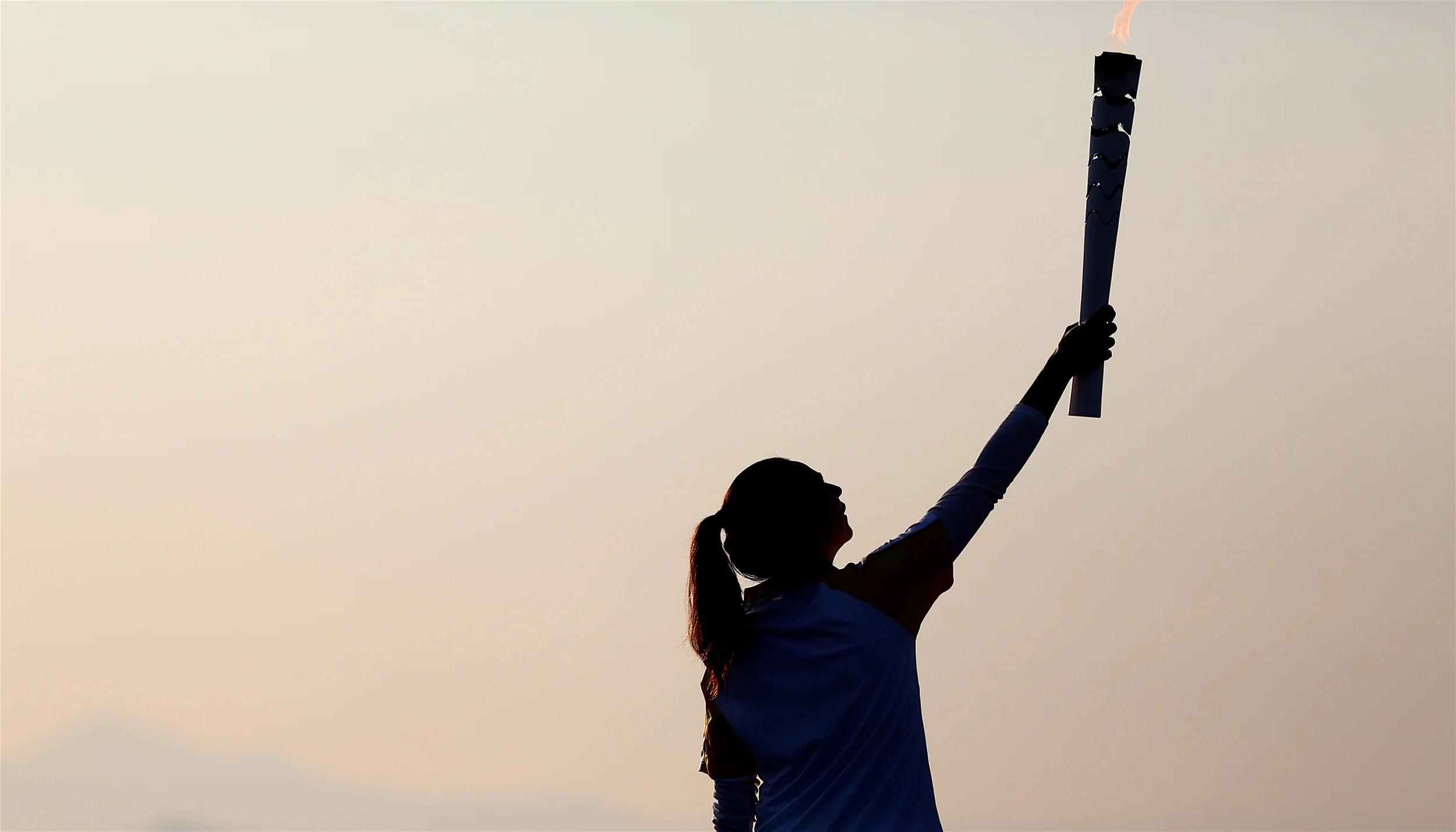
Rio 2016 Olympic Games
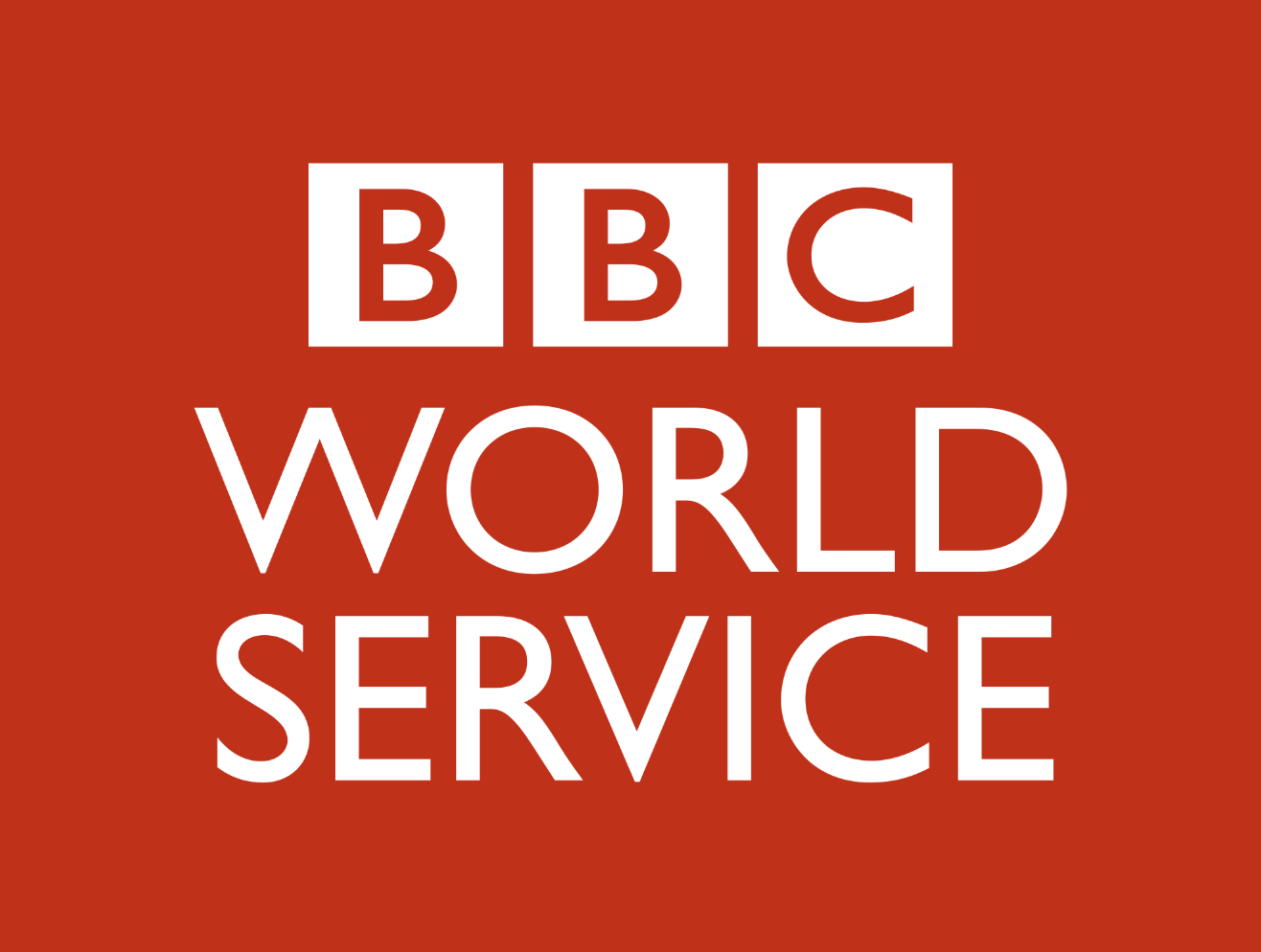
Is the Olympic Ideal over? (No)

Is it fair to ban all Russian athletes from #Rio2016? #olympicsummit
